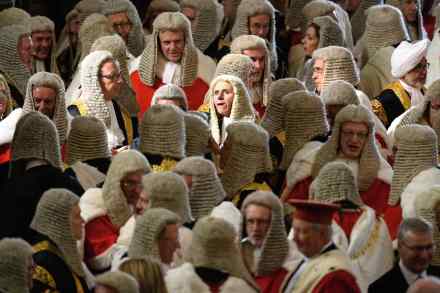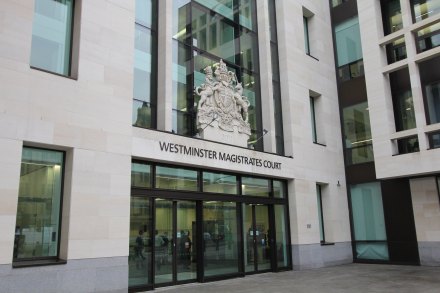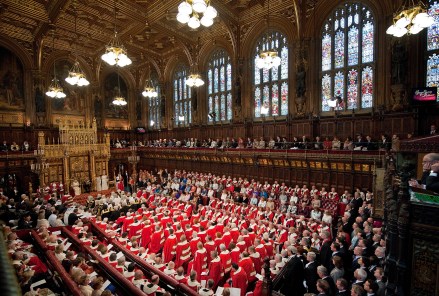Post-Brexit divorce is getting messy
The City has resigned itself to being locked out of the EU. The hauliers are adjusting to all the extra paperwork. Now it looks as if the lawyers will have to get used to no deal as well — and while that won’t do any serious long term damage to the profession’s booming global status, it now looks as if a lot of divorcing families will be collateral damage. Over the last month, it has become clear the EU plans to block the UK from joining the Lugano Convention, which helps settle in which jurisdiction disputes should be resolved. The reason is no great mystery to anyone. Brussels wants to make





















